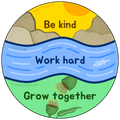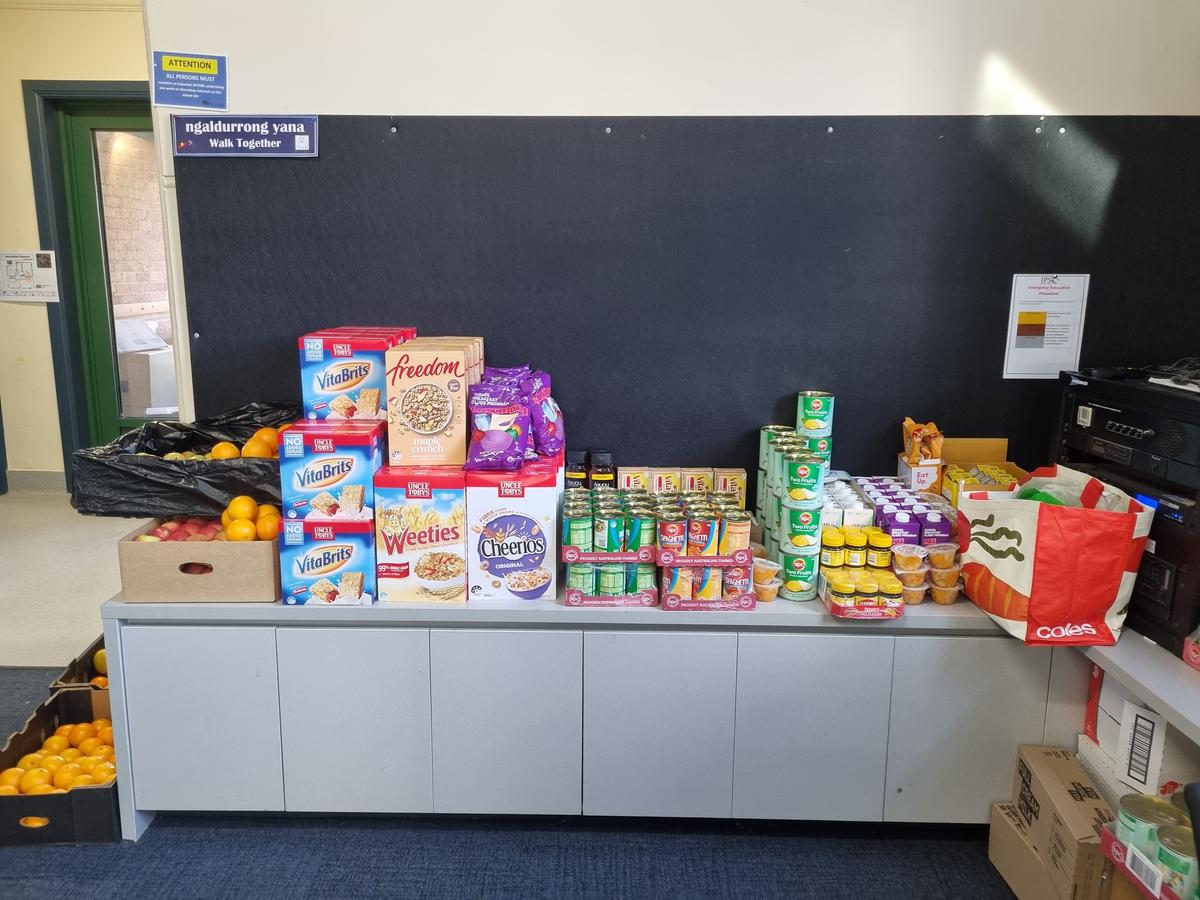IPS WELLBEING

Respectful Relationships Program
Respectful Relationships Topics Week 9 & 10 | |||
|---|---|---|---|
Prep/1 | 2/3 | 4/5/6 | |
| Wk9 | Positive Play | Real World Problems | We have a problem, how can we deal with it? |
| Wk10 | Help Seeking | What is stress? | Exploring What Works. |
School Food Bank
We have just had another big delivery from the food share group. We want to invite our wider school community & families to come in and grab some to take home. There is plenty of fresh fruit, perfect for lunchbox snacks!
About Sleep
Why is sleep important?
Sleep restores children physically. It helps them learn and remember things, and it boosts immunity. And sleep helps children grow. For example, children’s bodies produce growth hormone when they’re asleep.
Children of all ages need to get enough sleep so they can play, learn and concentrate during the day.
Sleep at different ages
Babies, children and teenagers need different amounts of sleep. For example, as babies and children get older, the amount of sleep they need slowly decreases.
Also, sleep patterns change as babies and children get older. For example, as babies get older, they begin to sleep less during the day and more at night.
Toddlers: when and how much they sleep
Toddlers need 11-14 hours of sleep every 24 hours. Usually this is a sleep of 10-12 hours a night, and a nap of 1-2 hours during the day.
Some toddlers aren’t keen on going to bed at night. Often this is because they’d like to stay up with the family. This is the most common sleep problem reported by parents. It peaks around 18 months and improves with age.
Less than 5% of 2-year-olds wake 3 or more times overnight.
Preschoolers: when and how much they sleep
Children aged 3-5 years need 10-13 hours of sleep a night.
Some preschoolers might also have day naps that last for about an hour. When preschoolers get enough sleep overnight, they won’t need these naps anymore.
School-age children: when and how much they sleep
Children aged 5-11 years need 9-11 hours of sleep a night.
Children over 5 years of age rarely nap during the day. If your child often needs daytime naps, it’s good to check they’re getting enough sleep overnight. See your GP if you have concerns.
Primary school-age children are usually tired after school and might look forward to bedtime from about 7.30 pm.
Teenagers: when and how much they sleep
Children entering puberty generally need about 8-10 hours of sleep a night.
Changes to the circadian rhythm during adolescence mean it’s normal for teenagers to want to go to bed later at night – often around 11 pm or later – then get up later in the morning. Good daytime habits and sleep environment habits can help teenagers get enough sleep.
** It is important to note that over 90% of adolescent children don’t get the recommended amount of sleep on school nights. Getting enough good-quality sleep is important during this period, because sleep is vital for thinking, learning and concentration skills. Lack of sleep in these years has also been linked to mental health conditions like depression and anxiety.
**information for this article is taken directly from the raising children website. The link to this article is below and can be used to seek further information, advice or support.
https://raisingchildren.net.au/school-age/sleep/understanding-sleep/school-age-sleep


